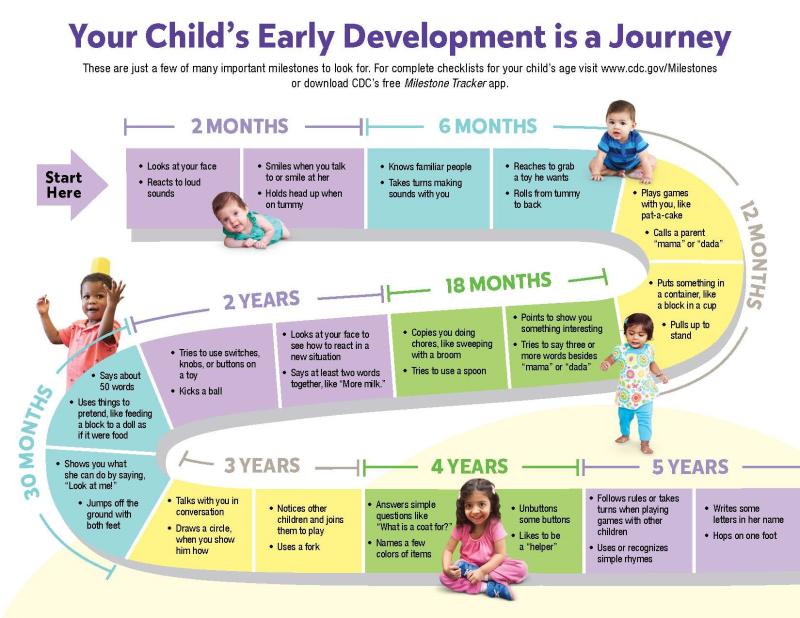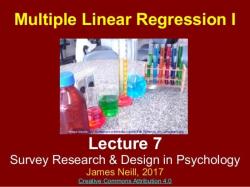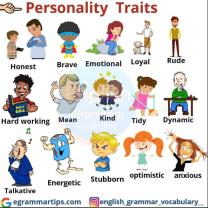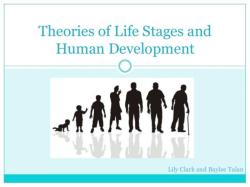What are the developmental milestones of a teenager?
Teenagers undergo significant physical, cognitive, social, and emotional development as they transition from childhood to adulthood. Developmental milestones during the teenage years can vary widely among individuals, but there are some general trends. Keep in mind that these milestones are approximate, and individual variations are normal.
Physical Development:
- Puberty: Typically begins between ages 9 and 16, involving the development of secondary sexual characteristics such as breast development in girls, facial hair in boys, and changes in body shape.
- Growth Spurts: Rapid physical growth, especially during early to mid-adolescence. Girls usually experience their growth spurt earlier than boys.
Cognitive Development:
- Abstract Thinking: Improved ability to think abstractly and understand complex concepts.
- Critical Thinking: Developing the ability to think critically and analyze information more deeply.
- Future Orientation: Increased capacity for future planning and goal-setting.
Social and Emotional Development:
- Identity Formation: Exploration and development of personal values, beliefs, and identity.
- Peer Relationships: Increased importance of peer relationships and a shift toward more intimate and emotionally charged friendships.
- Emotional Regulation: Continued development of emotional regulation skills and coping mechanisms.
- Autonomy and Independence: Seeking autonomy and independence from parents and other authority figures.
Social Skills:
- Interpersonal Skills: Improved ability to navigate social situations, read social cues, and communicate effectively.
- Empathy: Deepening understanding and expression of empathy towards others.
- Conflict Resolution: Developing skills in resolving conflicts and managing interpersonal relationships.
Academic Development:
- Higher-Level Learning: Engaging in more complex and abstract academic subjects.
- Career Exploration: Increasing awareness of potential career paths and academic interests.
Sexual and Personal Identity:
- Sexual Identity: Exploration and understanding of sexual orientation and identity.
- Personal Values: Developing a sense of personal values and ethics.
Risk-Taking and Decision-Making:
- Risk Assessment: Learning to assess risks and make decisions based on long-term consequences.
- Peer Pressure: Navigating and resisting negative peer pressure.
Responsibility and Independence:
- Chores and Responsibilities: Taking on more responsibilities at home and in the community.
- Financial Literacy: Developing basic financial management skills.
Identity Exploration:
- Personal Beliefs: Exploring and solidifying personal beliefs, values, and opinions.
- Cultural Identity: Understanding and embracing cultural identity and heritage.
Communication Skills:
- Expressive Skills: Enhancing verbal and nonverbal communication skills.
- Conflict Resolution: Developing skills to express thoughts and resolve conflicts effectively.
It's crucial to remember that teenagers progress through these milestones at different rates, and the process is not always linear. Parental support, positive role models, and open communication can significantly impact a teenager's successful navigation through these developmental stages. Additionally, cultural and individual differences can influence the timing and nature of these milestones.
What are the developmental milestones of a teenager?
Adolescence is a time of significant growth and change, physically, mentally, emotionally, and socially. Teenagers experience a wide range of developmental milestones during this period, including:
Physical milestones
- Puberty: Teenagers typically begin puberty between the ages of 10 and 14. During puberty, the body produces hormones that lead to physical changes such as breast development in girls, facial hair and deepening voice in boys, and growth in both sexes.
- Growth spurt: Teenagers experience a rapid growth spurt during puberty. This can lead to awkwardness and self-consciousness as they adjust to their new bodies.
Cognitive milestones
- Abstract thinking: Teenagers begin to develop the ability to think abstractly and critically. They are able to consider multiple perspectives and possibilities, and to solve problems in complex ways.
- Moral reasoning: Teenagers develop their own moral code and values during adolescence. They begin to think about the ethical implications of their actions and to make decisions based on their own beliefs.
Social and emotional milestones
- Identity formation: Teenagers begin to develop their own sense of identity during adolescence. They explore different roles and interests, and they develop their own values and beliefs.
- Independence: Teenagers strive for independence from their parents and other adults. They want to make their own decisions and to be treated as adults.
- Peer relationships: Peer relationships become increasingly important to teenagers during adolescence. They rely on their peers for support, friendship, and validation.
How do psychologists define and measure the key developmental stages in a teenager's life?
Psychologists define adolescence as the period of transition from childhood to adulthood. It is a time of significant growth and change in all areas of development.
There are a number of different ways to measure the key developmental stages in a teenager's life. One common approach is to use standardized tests. These tests are designed to assess a teenager's cognitive abilities, such as intelligence, problem-solving skills, and academic achievement.
Another approach to measuring adolescent development is to use self-report measures. These measures ask teenagers to rate themselves on a variety of dimensions, such as their physical development, social skills, and emotional well-being.
Psychologists also use observational methods to study adolescent development. This may involve observing teenagers in their natural environment, such as at school or with their peers.
Are there societal or cultural factors that influence the developmental milestones of teenagers?
Yes, there are a number of societal and cultural factors that can influence the developmental milestones of teenagers. For example, the age at which puberty begins can vary depending on factors such as nutrition and socioeconomic status.
Cultural norms and expectations can also influence adolescent development. For example, in some cultures, teenagers are expected to become independent and self-sufficient at a younger age than in other cultures.
Other societal factors that can influence adolescent development include:
- Family structure: Teenagers who grow up in single-parent households or in households with multiple siblings may face different challenges than teenagers who grow up in two-parent households with no siblings.
- Socioeconomic status: Teenagers from low-income families may have fewer opportunities for academic enrichment and extracurricular activities than teenagers from high-income families.
- Peer pressure: Teenagers may feel pressure to conform to their peers' expectations, even if they do not agree with those expectations.
- Media influences: Teenagers are exposed to a wide range of messages through the media, which can influence their values, beliefs, and behaviors.
It is important to note that all teenagers develop at their own pace. There is no one-size-fits-all answer to the question of when a teenager should reach a particular developmental milestone. Parents and caregivers can support teenagers' development by providing them with love, support, and guidance.











